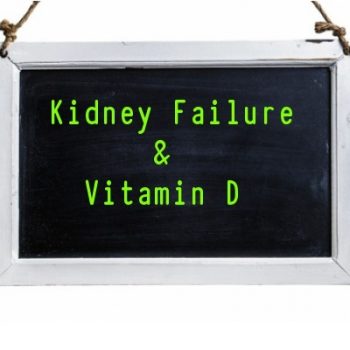Wednesday, April 29th, 2015
Our Tori’s health challenges brought so much to the table that learning how to manage everything provided lessons she allows me to share even now that she’s gone. For example, Immune Mediated Hemolytic Anemia is exceptionally expensive to treat, and if there are relapses it becomes worse. Pet insurance was a must-have and thankfully we had it. I appreciate that it may be considered inappropriate/crude to talk about money, but I think it’s unrealistic not to. All in all Tori experienced 5 relapses, the last of which became a runaway train that no amount of money or medications could push back.
Read more IMHA, Thyroid, UTI, Supplements and More: Lessons Tori Taught
Thursday, April 25th, 2013
Restricting protein for dogs in kidney failure was the gold standard many years ago, but most people know better these days. Protein isn’t the issue so much as the need to restrict phosphorus being most important – at least when the disease isn’t in later stages. It’s different when the issue is protein losing nephropathy (PLN), though. In this disease, protein in the urine (proteinuria) is usually the first thing that’s found, and it can happen almost by accident. You take the dog in for a yearly urinalysis and bingo! – uh-oh. Before you panic because your dog shows trace protein in urine, PLN shows more than that (in urine and blood tests), and in more advanced stages you’ll notice the dog drinking more, urinating more often, and usually lacking some appetite. Let your vet be the diagnostician. Read more Protein Losing Nephropathy (PLN) in Dogs
Tuesday, July 24th, 2012
Many of my clients with dogs in kidney failure are confused about supplementing with vitamin D. They read websites and belong to a variety of on-line chat groups that offer opinions, but confusion results due to opinions often being so different from one another. It’s stressful enough to have a sick dog without adding confusion to the mix because someone says to restrict vitamin D. Ah, but there’s vitamin D and and then there’s vitamin D! It’s a bit of a drunkard’s walk, so bear with me.
In kidney insufficiency and in failure, the kidney retains phosphorus instead of excreting enough of it. This signals the parathyroid gland that there is a phosphorus-calcium imbalance. Read more Canine Kidney Failure & Vitamin D Supplementation
Thursday, January 5th, 2012
Many of the dogs I work with have urine pH that’s too high or too low. In most cases, the urine has crystals in it and in some, the dog develops urinary tract stones. I wrote a post about the different types of stones and their formation here, and received a number of questions from readers that I want to address now. The most common was about the great swing in urine pH over the course of the day. Say you check first thing in the morning and find that pH is 5.0, check 2 hours after a meal and find it’s 9.0. Which one should you go by when you’re trying to get the pH at a nice and steady 6.5 which is an ideal number? There’s a measurable alkaline tide that you should consider. It goes like this:
Read more Your Dog’s Urine pH




